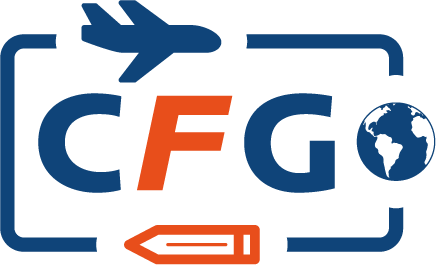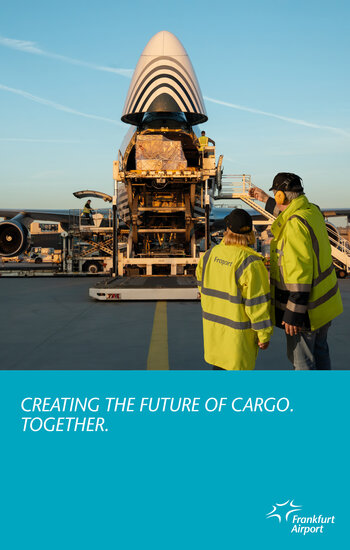An “Alliance for New Flying” was founded last week at Stuttgart Airport, located in the southwestern German state of Baden-Württemberg. The aim is to scale up the use of sustainable aviation fuel (SAF) to reduce greenhouse gas emissions in air traffic and ground operations. The new alliance, headed by Transport Minister, Winfried Hermann (The Greens), includes leading representatives from the aviation industry, R&D, trade associations, and enterprises from various sectors.
The core objective of the alliance is to significantly increase the voluntary use of SAF beyond mandatory blending quotas. It will initially focus on business flights and seek out companies that are willing to voluntarily pay a surcharge for using SAF. This could be for their managers’ business trips when using corporate aircraft or when they book a ticket with commercial airlines and pay a SAF surcharge, or when sending products by air. In paying a SAF surcharge, they would jointly be promoting the ramp-up of SAF. In a second step, the alliance will then also extend its commitment to private travelers.
While kicking off the alliance, Transport Minister Winfried Hermann reminded that “mobility is part of our lives – and that includes responsible flying. SAFs are an important building block for intensified climate protection. With this initiative, we want to become pioneers in climate-neutral flying.” It sends a strong signal that industrial heavyweights, trade associations, and scientific institutions supported by the state’s policymakers are taking joint responsibility. “We can only achieve our goal of Baden-Württemberg becoming climate-neutral, by working together,” the politician stressed. It may be worth mentioning, as occurred during the event, that the U.S. state of Washington has taken a similar leading role within its country, promoting SAF production with the support of local offtake contracts by corporations and individuals.

Reducing emissions directly
Compensation measures are not part of the initiative’s agenda. This is because they are, at best, a retrospective and long-term repair of climate damage that has already occurred. Instead, the alliance focuses on the direct use of climate-friendly fuels to avoid greenhouse gas emissions before they are blown into the atmosphere. Further to this, the pact members are committed to promoting the benefits of sustainable aviation fuels, raising public awareness, and providing a platform for stakeholders to exchange experiences and network for pilot projects. They also advocate for better regulatory frameworks at the national and European levels.
At the kick-off event, representatives of the alliance emphasized the key requirements for enabling SAF to be ramped up at airports in Baden-Württemberg, particularly Stuttgart. These include, above all, clear, standardized processes for the crediting and certification of SAF. Another important factor is a transparent book-and-claim system that is compatible with existing regulations. This makes it possible to credit sustainable aviation fuels regardless of where the actual refueling takes place – a decisive lever for accelerating demand for SAF.
As one of the top global players in air freight, DHL Group, represented in the alliance by EVP Corporate Public Affairs, Volker Ratzmann, acknowledges its responsibility in progressively integrating SAF usage into its business model, and thereby cooperating with its customers who share the road to decarbonization. Ratzmann explained that DHL Group has already committed to using 13% of the global SAF production. In response to a question from the audience, he agreed that the numerous air freight customers in Baden-Württemberg could join the alliance and thereby openly support the scale-up of SAF economics in the region.
Another candidate that might join the alliance, is Stuttgart-based car maker, Mercedes, which has purchased large quantities of SAF (https://cargoforwarder.eu/2025/03/12/db-schenker-and-mercedes-ink-big-saf-deal/). Air freight heavyweight, Kuehne+Nagel even operates a weekly B747-8 freighter from Stuttgart airport, making Kuehne+Nagel and its customers other suitable candidates to enter the alliance.
Political tailwind from the reFuels action plan
During the presentation of the “Alliance for New Flying,” Minister Hermann also presented his state’s reFuels action plan. In it, Baden-Württemberg formulates concrete proposals coordinated across departments, for adapting European regulations to promote electricity-based fuels. The aim is to enable the market ramp-up of these fuels in order to advance defossilization in areas where alternatives are lacking – such as aviation, shipping, and parts of industrial production. The “Alliance for New Flying” is an important building block in the implementation of this strategy in aviation. The state-supported initiative consists of twelve members and associated parties and is open to other committed partners – for example, from business, research, civil society associations, or other relevant areas. Interested companies and organizations can jump on the bandwagon at any time. Coordinator of all activities in the initial phase is the federal state’s Ministry of Transport.




